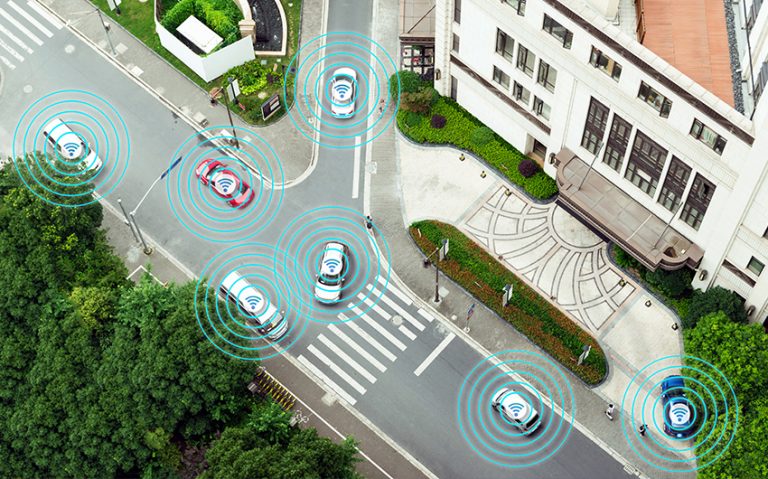- Eric Schmidt (Chairman Google) made an appearance at the AllThingsD conference and completely dissed Microsoft as a potential competitor in the coming ecosystem war.
- His focus appeared to be very much on Apple as his main rival but quite frankly I think he is barking up the wrong tree.
- Three things are worth noting:
- Firstly, his commentary was clearly focused on the notion that the PC is becoming irrelevant in terms of internet traffic which is a dangerous assumption in itself.
- There are still around 1bn PCs out there of which half belong to companies and half of which belong to individuals.
- Of those that belong to individuals another half are used for nothing more than email, internet etc.
- These are the kind of tasks that are just as easily accomplished on a tablet or a smartphone.
- The other 75% of PCs are needed for tasks which, quite frankly, the limited functionality of both iOS and Android are simply not up to.
- Hence it is very unlikely that this 75% is replaced with devices with a limited operating system.
- Shipments and traffic might not grow but I strongly believe that devices running both Windows 8 and Mac OSX are here to stay.
- Even with no growth, they will make up a meaningful part of internet traffic which Google cannot afford to ignore.
- All that matters to Google is that internet traffic arrives at its servers in such a way that it categorizes the end user and then sells that information to advertisers.
- This is why Android is given away for free. As mobile gets bigger and bigger as a share of traffic, Google needs to be able to categorize that traffic in order to maintain its revenues and profits.
- Hence it is dangerous to assume that Microsoft will become an irrelevance.
- Secondly: He has selected the wrong competitor. I do not believe that many people make a real choice between iOS and Android.
- The vast majority of Android devices sit in a different price category to iPhone meaning that those who buy Android devices probably would not be able to afford an iPhone anyway.
- However, these people might be able to afford a Windows based device when they come to upgrade next time and there is a real threat here.
- With Android, you have to be your own systems integrator to get everything working as well as Apple, and I don’t believe that the vast majority of users have either time or the technical knowhow to achieve that.
- Windows Phone 8, on the other hand, promises to be a great user experience that’s all nicely integrated and just works out of the box.
- Whether it does or not remains to be seen, but if it does and it comes at a nice cheap price then Android will have a real fight on its hands.
- This is because I believe that most people just want it to work without any messing about.
- If Microsoft provides that at a similar price, then it is an attractive proposition.
- Thirdly: He faces a real challenge from inside his own ecosystem.
- Anyone can take the Android code and do what they want with it which includes ripping out anything that links user data to Google.
- This renders the Android operating system useless to Google as the company is not learning anything from the traffic.
- Amazon, Baidu and many others have already done this, seemingly wanting to keep the user data for their own uses rather than pass it onto Google.
- There are likely to be many others as people cotton onto the value of this information and how it is likely to be a major factor deciding the winners and losers of the internet.
Take Home Message
- Where Apple can really cause Google a problem is through Siri.
- Siri requests turn up at Google as requests from Apple and as a result Google learns nothing about these users resulting in no value gleaned.
- I don’t for one minute think the chaps over at Google are dim.
- They must be aware of these issues and are doing something about them.
- I guess they have just chosen not to talk about them.
- Perhaps they are also very busy as at the moment as Android looks very much to be on the back foot with the IPR issues on which Google has made no progress despite owning a very hefty slice of IPR.
- On the other hand, given that the company is inexplicably holding onto Motorola Mobility at risk of alienating all its Android partners, I can’t rule out that Google has overlooked these issues.









Blog Comments
Paul Werp
October 14, 2012 at 3:03 am
Richard,
I hope your new path goes well. A few comments.
It is hard to believe that Android not the main iOS competitor. Look at the Sasmung Galaxy III and Motorola Mobility primely targeting Apple high end marketshare.
Microsoft’s problem is what market are they in? Charging $15 per OS license with a shaky value prop and a different UI [maybe even better] is difficult — maybe just because it is so un familiar to the user on the UI and most handsets guys are so un interested in paying for an OS when you can kind of get it for free [especially in the Asian mentality].
windsorr
October 14, 2012 at 10:51 am
Hi Paul…Many thanks…
Motorola s trying but ultimately doomed to failure I suspect so I dont really conside that one.
Samsung Galaxy S III yes a competitor but still cheaper than an iPhone and in unit terms is unlikley to be where the real Android volumes are.
No one really knows how much MSFT is charging. I suspect that the headline is $15 but no one is really paying that. Whatever they pay out I suspect they get more back in terms of marketing and other support (incl access to Android patents (via Danger)).